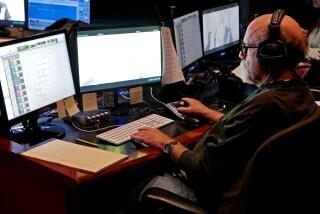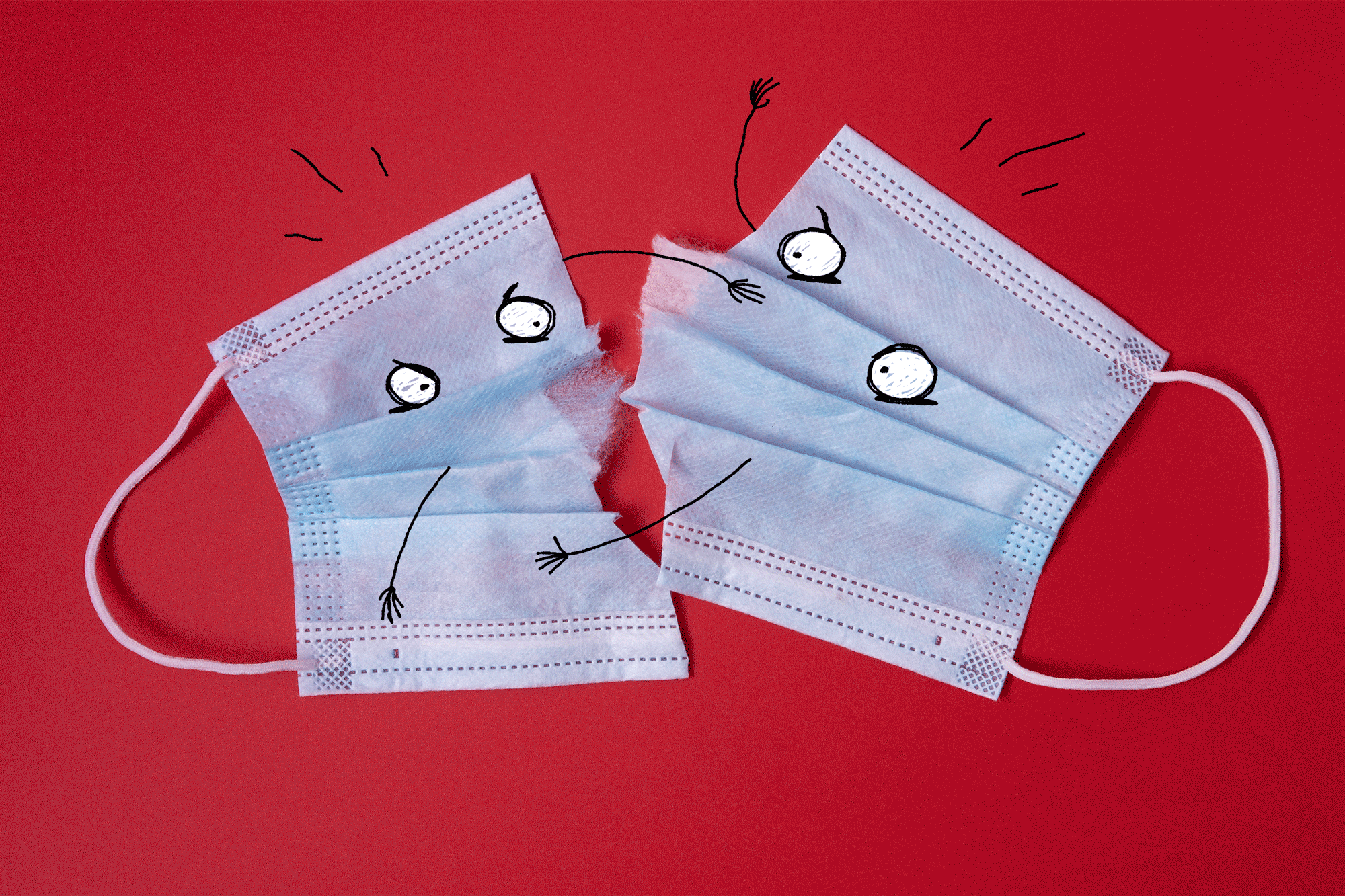Now Hear This: Stop the Yelling
- Share via
Let us consider unintended consequences.
The cruise control feature in our cars lets us set a speed to avoid attracting the attention of the local constabulary, and the technology also makes long-distance highway travel a little less strenuous. But, according to a couple of studies issued over the years, people using cruise control pay less attention to the relatively demanding task of driving than people who just drive. So using cruise control means stopping distances will be a bit longer and we’re more likely to daydream or even fall asleep at the wheel.
Now, obviously, engineers didn’t develop cruise control to increase the odds of plowing into something. But that downside illustrates the problem of unintended consequences: Even when technology solves a problem, the solution sometimes introduces new problems.
I tripped over some unintended consequences while traveling on an airplane during the Thanksgiving holiday. In addition to pumpkin pie,
I carried aboard a special set of noise-suppression headphones.
These headphones, made by Aiwa, sample ambient noises and pump out sound waves that exactly cancel them out. The technique is useful only with repetitive sounds, such as engine noise or the wash of white sound that comes out of an air-conditioning system. It basically removes those background noises.
If you were to draw a picture of what’s happening, each peak of surrounding noise would be met with a trough of a sound wave from the headphones, eradicating that particular sound but leaving all the other noise fully audible. Many companies make such devices. I just grabbed the Aiwa headphones because they were lying around the office, a handy byproduct of research for our holiday buying guide. This set retails for about $60, but some cost more than $300.
Let me state up front that the Aiwa headphones worked flawlessly. I sat next to the engines on both legs of this trip, and with the headphones on, the jet became extraordinarily quiet. Like most such systems, the Aiwa noise-suppression headphones come with a cable and jack designed to let you pump the music from a portable player through the system, so you can listen to your songs at a more normal volume without having to blast them over the sound of the engines.
I did not avail myself of that option, however, because of an annoying side effect.
With my noise-suppression headphones on, everybody on that plane sounded like they were shouting.
They were all talking over the sound of the engines, you see. That sound didn’t exist for me, so they just all seemed to be really ticked off at one another.
There was one passenger 12 rows behind me who seemed to be genuinely mad. But, honestly, it was hard to tell whether she was yelling over the engines or working herself into a psychotic episode.
“CAN I GET YOU SOMETHING TO DRINK?” the flight attendant bellowed.
“DO YOU HAVE ANY BOTTLED WATER?” my fellow traveler shrieked.
“THE WATER COMES IN A CAN!” screamed the flight attendant. “WE POUR IT IN A PLASTIC CUP FOR YOU!”
The passenger flew into a rage--or politely stated a request, I couldn’t really tell which--roaring, “I WANT BOTTLED WATER!”
And the flight attendant, who seemed equally enraged but could have been merely puzzled, replied, “THE WATER COMES IN A CAN! AND THEN WE POUR IT IN A PLASTIC CUP!”
The situation was quite bizarre. Normally, if you’re in a big crowd, there are so many conversations going on around you that it’s difficult to follow one.
On an aircraft, it turns out, the vast majority of people aren’t talking at once. Without the sound of the engines, it’s very easy to make out discrete conversations.
Disturbingly easy, in fact.
It’s very much like trying to talk to someone in a place with incredibly loud music and the music stops abruptly. All of a sudden, your conversation partner is screaming about his or her warts to everyone in the room.
Regrettably, nothing particularly entertaining was discussed on my flight. I know this because I clearly heard everybody, including one goofball who quietly sang “Do you know the way to San Jose?” for much of the outbound trip.
The kind of noise-suppression technology I used was developed for industrial and military applications. If you work for eight hours a day next to a metal press screeching at a couple of zillion decibels, hearing protection is a pretty good idea. And folks in tanks really need some kind of noise suppression just so they can communicate with one another.
But those are carefully controlled environments. I doubt many tank commanders serenade their crews with “Do you know the way to San Jose?”
Now, I’m sure the guy who knows only the chorus to that song didn’t realize he was making me crazy. He was just singing to himself.
But, whether it’s designed to or not, technology such as my noise-suppressing headphones makes his world--all of our world--a little less private.
That’s not what the headphones were designed for. It’s just a random unintended consequence.
*
Dave Wilson is The Times’ personal technology columnist.
More to Read
Sign up for The Wild
We’ll help you find the best places to hike, bike and run, as well as the perfect silent spots for meditation and yoga.
You may occasionally receive promotional content from the Los Angeles Times.






